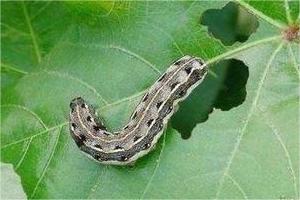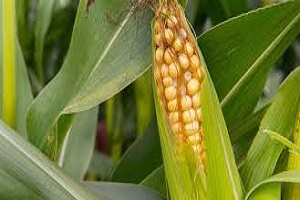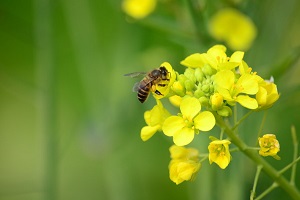News
-

Poland, Hungary, Slovakia: Will continue to implement import bans on Ukrainian grains
On September 17th, foreign media reported that after the European Commission decided on Friday not to extend the import ban on Ukrainian grains and oilseeds from five EU countries, Poland, Slovakia, and Hungary announced on Friday that they would implement their own import ban on Ukrainian grains...Read more -

Global DEET (Diethyl Toluamide) Market Size and Global Industry Report 2023 to 2031
The global DEET (diethylmeta-toluamide) market presents a detailed report |over 100 pages|, which is expected to witness significant growth in the coming years. The introduction of new technologies and innovative solutions will help increase market revenues and increase its market share b...Read more -

Main Cotton Diseases and Pests and Their Prevention and Control (2)
Cotton Aphid Symptoms of harm: Cotton aphids pierce the back of cotton leaves or tender heads with a thrusting mouthpiece to suck on the juice. Affected during the seedling stage, cotton leaves curl and the flowering and boll setting period are delayed, resulting in late ripening and reduced yie...Read more -

Main Cotton Diseases and Pests and Their Prevention and Control (1)
一、Fusarium wilt Symptoms of harm: Cotton Fusarium wilt can occur from seedlings to adults, with the highest incidence occurring before and after budding. It can be classified into 5 types: 1. Yellow Reticulated Type: The diseased plant’s leaf veins turn yellow, the mesophyll remains gr...Read more -

Integrated Pest Management Targets Seed Corn Larvae
Looking for an alternative to neonicotinoid pesticides? Alejandro Calixto, director of Cornell University’s Integrated Pest Management Program, shared some insight during a recent summer crop tour hosted by the New York Corn and Soybean Growers Association at Rodman Lott & Sons ...Read more -

Take Action: As butterfly populations decline, the Environmental Protection Agency allows the continued use of dangerous pesticides.
Recent bans in Europe are evidence of growing concerns about pesticide use and declining bee populations. The Environmental Protection Agency has identified more than 70 pesticides that are highly toxic to bees. Here are the main categories of pesticides linked to bee deaths and pollinato...Read more -

Carbofuran, Is Going To Exit Chinese Market
On September 7, 2023, the General Office of the Ministry of Agriculture and Rural Affairs issued a letter soliciting opinions on the implementation of prohibited management measures for four highly toxic pesticides, including omethoate. The opinions stipulate that starting from December 1, 2023, ...Read more -

How to Handle the Problem of Pesticide Packaging Waste Correctly?
The recycling and treatment of pesticide packaging waste is related to the construction of ecological civilization. In recent years, with the continuous promotion of ecological civilization construction, the treatment of pesticide packaging waste has become a top priority for ecological and envir...Read more -

Review and Outlook of the Agrochemical Industry Market in the First Half of 2023
Agricultural chemicals are important agricultural inputs for ensuring food security and agricultural development. However, in the first half of 2023, due to weak global economic growth, inflation and other reasons, external demand was insufficient, consumption power was weak, and the external env...Read more -

Breakdown products (metabolites) of pesticides can be more toxic than parent compounds, study shows
Clean air, water and healthy soil are integral to the functioning of ecosystems that interact in the four main areas of the Earth to sustain life. However, toxic pesticide residues are ubiquitous in ecosystems and are often found in soil, water (both solid and liquid) and ambient air at le...Read more -

Differences in Different Formulations of Pesticides
Pesticide raw materials are processed to form dosage forms with different forms, compositions, and specifications. Each dosage form can also be formulated with formulations containing different components. There are currently 61 pesticide formulations in China, with over 10 commonly used in agric...Read more -

Common Formulations of Pesticides
Pesticides commonly come in different dosage forms such as emulsions, suspensions, and powders, and sometimes different dosage forms of the same drug can be found. So what are the advantages and disadvantages of different pesticide formulations, and what should be paid attention to when using the...Read more



